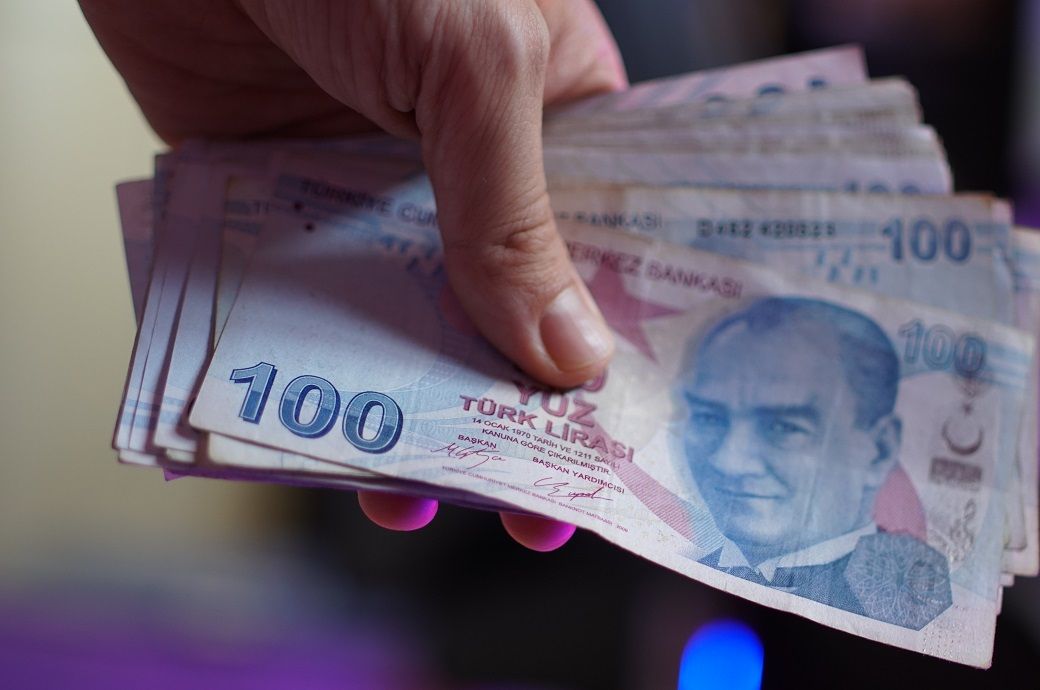
The Turkish Lira was valued at **.***** against the US dollar in the first week of **** and devalued by **.* per cent to reach **.**** against the US dollar in the last week of the year. Turkish exporters enjoyed a weaker currency to face stiff competition in the global garment and textile trade. They were able to receive export orders offering attractive prices without compromising their margins, made possible by the weaker local currency against the US dollar, according to *f_homepage_tpblock&utm_medium=logo&utm_campaign=texpro_****" target="_blank">Fibre2Fashion&#**;s market insight tool TexPro.
Similarly, the Bangladeshi Taka dropped by **.* per cent to ***.**** in the last week of ****. The currency was valued at **.***** against the US dollar in the first week of the year. Most brands and retailers in the Western world cut garment imports due to mounting stock as consumers had to cut discretionary expenditure amid higher inflation. Bangladeshi exporters had some cushion from the weaker currency in these tough times.
Receive daily prices and market insights straight to your inbox. Subscribe to AlchemPro Weekly!